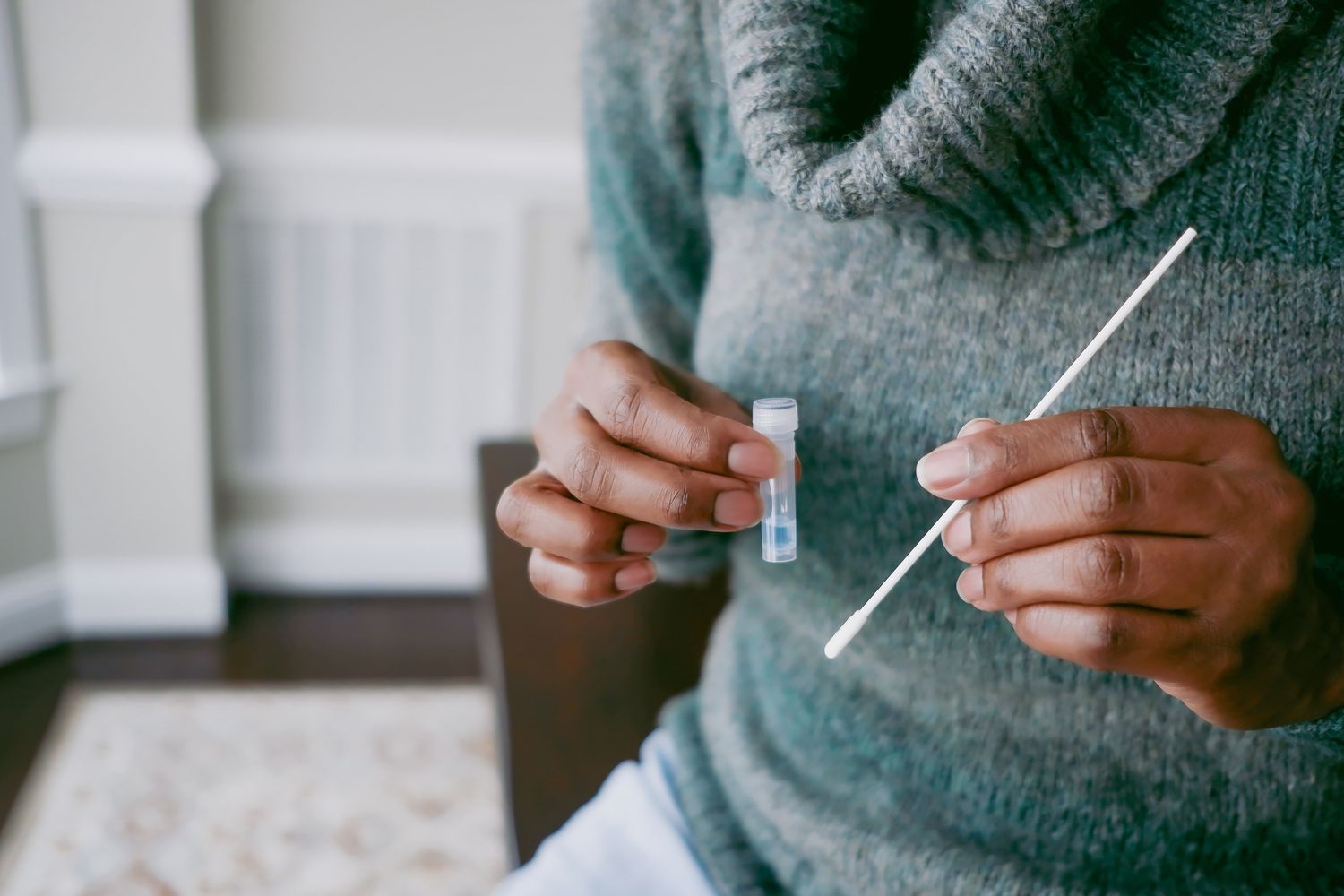Is COVID-19 Testing Still Necessary?

Experts are recommending that people continue to follow health protocols and get tested for COVID-19, even though it is no longer considered a public health emergency. Chief medical officer at the Centers for Disease Control and Prevention (CDC), Pragna Patel, MD, MPH, suggests that testing can be helpful for individuals who are experiencing symptoms related to the virus or have had a known exposure to someone who is COVID-positive. Dr. Patel also suggests that it is worth getting tested before attending an event or visiting someone at higher risk. Isolating at home and testing can protect others from being infected, particularly friends or loved ones who are immunocompromised. Individuals who have been exposed to someone with COVID-19 should get tested at least 5 days after exposure, according to Dr. Patel. Additionally, people who are asymptomatic but plan to take a COVID-19 test should do so at least 1-2 days before an event and follow recommendations for repeat testing to be confident in a negative result, especially if using an antigen test. Although there is overlap in symptoms with other illnesses like the flu or allergies, a COVID-19 test can help determine what is causing the illness. Home antigen tests are considered to be the most convenient testing approach for many people, as they produce results within 15-30 minutes. However, a single negative antigen test cannot rule out infection, and the FDA recommends two negative antigen tests for individuals with symptoms or three antigen tests for those without symptoms, performed 48 hours apart to be confident that COVID-19 has been ruled out.
If you would like to take an antigen test, there are many self and at-home test options available for purchase online or in pharmacies and retail stores. Dr. Patel recommended any testing options that are recommended by the CDC and authorized and approved by the Food and Drug Administration (FDA).
Dr. Patel added that people can also visit community-based testing locations such as a pharmacy or health center to schedule a testing appointment. “These locations may offer PCR or antigen tests, and provide low- or no-cost testing for everyone, including people without insurance.”
PCR or antigen tests may also be available through your local health department.
Dr. Patel confirmed the reliability of self-test results, specifically when the result is positive. However, negative results from these tests don’t necessarily rule out that you could have an infection. People who receive a negative result may want to consider repeat testing.
“Invalid results from self-tests mean the test did not work properly and you need to take a new test to get an accurate result,” Dr. Patel explained.
Before taking a rapid test at home, it’s important to check the expiration date. If a test or any part of the test kit is expired, it could give inaccurate or invalid test results.
Dr. Patel said that most tests will have a label on the test kit with an expiration date. In addition, individuals can check online by looking at the expiration date column in the FDA’s list of authorized at-home OTC COVID-19 diagnostic tests. That list will also show if the expiration date for the test has been extended.
“As long as they’re not expired, the tests are reliable. Though no test is perfect, and if persistently symptomatic, someone can test more than once over consecutive days,” Dr. Salinas reiterated.
If you still have questions about COVID-19 testing, such as when it would be a good time to take a test or what testing option is best for you, experts recommend talking with a healthcare provider.




